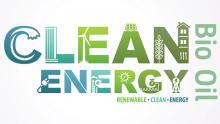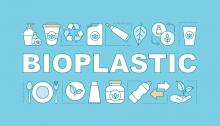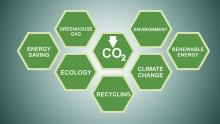
Many of the precursor chemicals essential to our everyday products are derived from fossil fuels. A breakthrough in molecular engineering made by the EU-funded CATACOAT project could help industry transition towards renewable sources of carbon, such as plants. This could help to reduce our carbon footprint, and create new green business opportunities.









